Research Blog & News
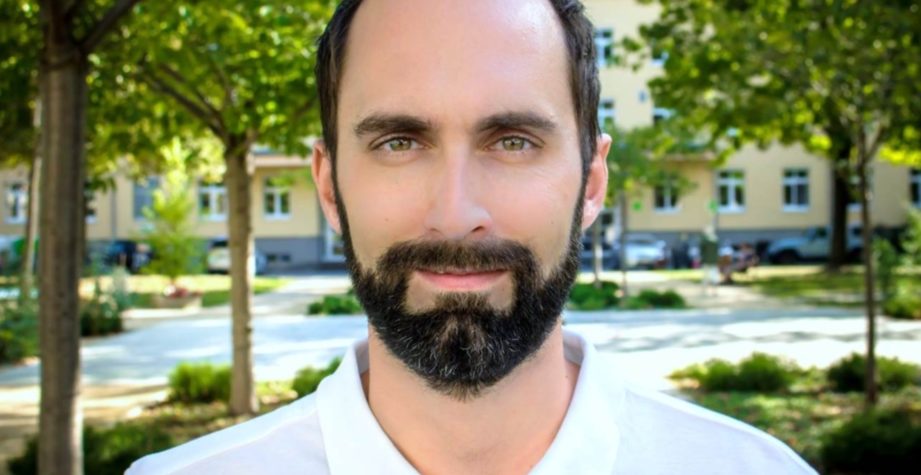
Biomarkers to earlier recognize Bone Metastases
Dresden, 18.12.2018
A team of bone and cancer specialists from Essen and Dresden have identified two biomarkers (RANKL and OPG) in a study of bone metabolism that can better predict the course of breast cancer over a ten-year period. The team hopes that the discovery will lead to a more precise risk assessment regarding personalized therapies, with the aim of delaying the progression of the disease. The results of their study were published in the journal Clinical Cancer Research (doi: 10.1158 / 1078-0432.CCR-18-2482).
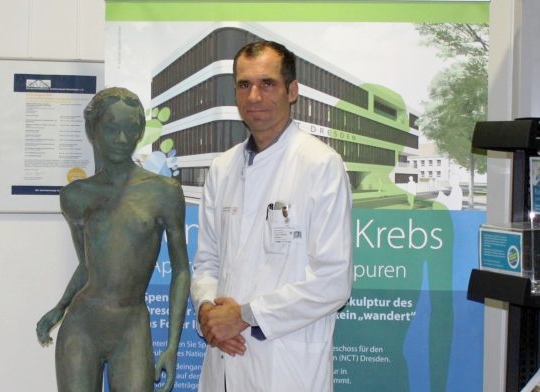
Aphrodite on Tour – Art for Cancer Research
Dresden, 05.12.2018
A life-sized sculpture by local artist Thomas Reichstein is currently touring the campus of the Dresden University Medical Center and will be displayed at the Bone Lab Dresden for the next two weeks. Aphrodite is an ambassador of the fund-raiser for the new building of the National Center for Tumor Diseases (NCT) and donations made for the cause will be employed to the construction of the ONCO-INNOVATION-LAB, a state-of-the-art laboratory combining informatics and medicine to develop new strategies and technologies for cancer research and treatment. Every second person in Germany has a risk of being diagnosed with cancer during their lifetime and 500.000 cases of cancer are newly diagnosed every year, making the diseases one of the most serious health issues of our time. Therefore, action is needed to strengthen cancer research in Germany in order to develop more efficient diagnostic tools and therapies to change the outcome for cancer patients and ultimately improve their life. We at Bone Lab Dresden are happy to support this initiative and we encourage you to join our effort.
Be part of the action by finding out more about the fund-raiser and by making a donation.
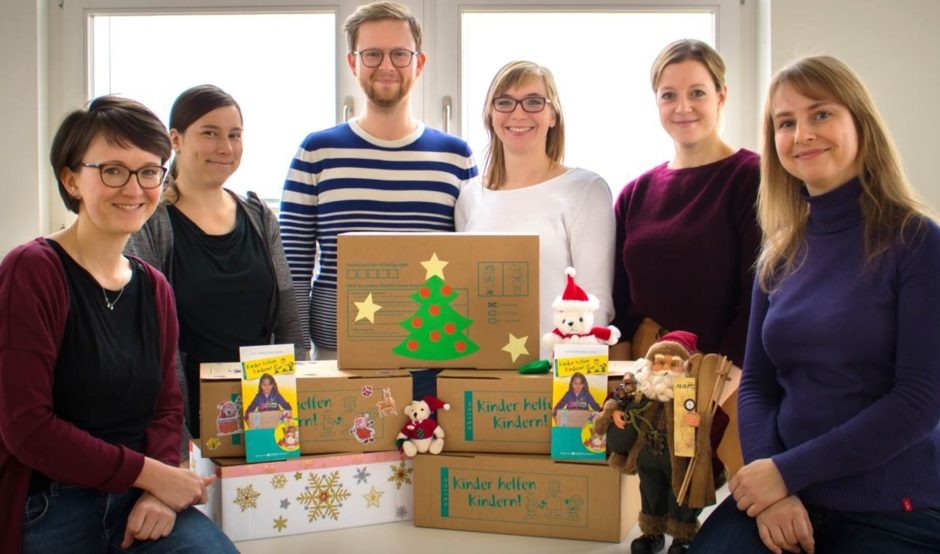
Schenken macht glücklich – wir packen mit!
Dresden, 03.12.2018
Children are the future of our world! What comes naturally to most of our children is a rare stroke of luck for many children in other countries: a present for Christmas. Small as it may be, it puts a smile on the children’s face. For many children it is a great sign of hope, solidarity and charity – and this sign shines not only at Christmas, but also throughout the year. Supporting the action “Kinder helfen Kindern by ADRA Deutschland e.v.” together with our children is a real pleasure – especially when we read, what causes a little Christmas gift in the lives of individual children and their families.
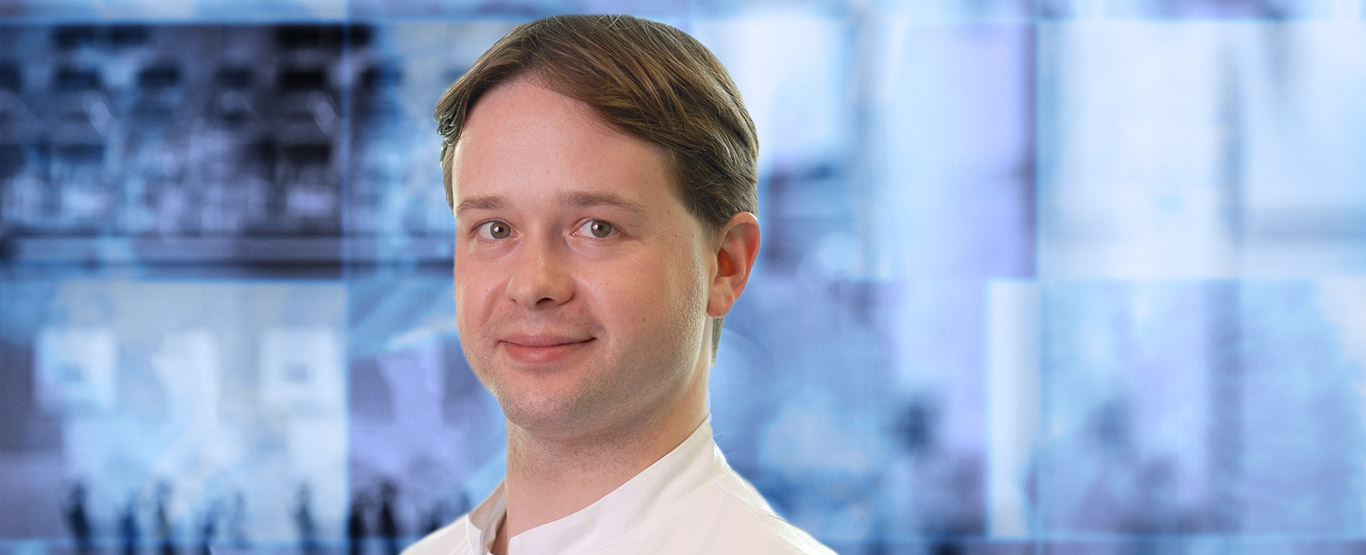
Baylor College Scientist Presents Update on Osteogenesis Imperfecta
Dresden, 16.11.2018
Dr. med. Ingo Grafe, a German clinician scientist currently working with the group of Brendan Lee at the Department of Molecular and Human Genetics at Baylor College of Medicine in Houston, Texas, will give a talk on osteogenesis imperfecta on 3rd December at 3 pm in the lecture hall at house 19 (DINZ) in a joint symposium of the Center for Healthy Aging (UCGA) and the Center for Rare Diseases (UCSE) at UKD. He will give new insights into the therapy of the disease and will present novel therapeutic targets for its treatment both in adults and children. The research group of Prof. Brendan Lee is one of the most prestigious and productive genetic bone groups in the US and Dr. Grafe is looking forward to sharing his expertise with both clinicians and scientists here in Dresden.
All physicians, scientists, and students are welcome.
For more information, view the program.
Brendan Lee Lab: https://www.bcm.edu/research/labs/brendan-lee
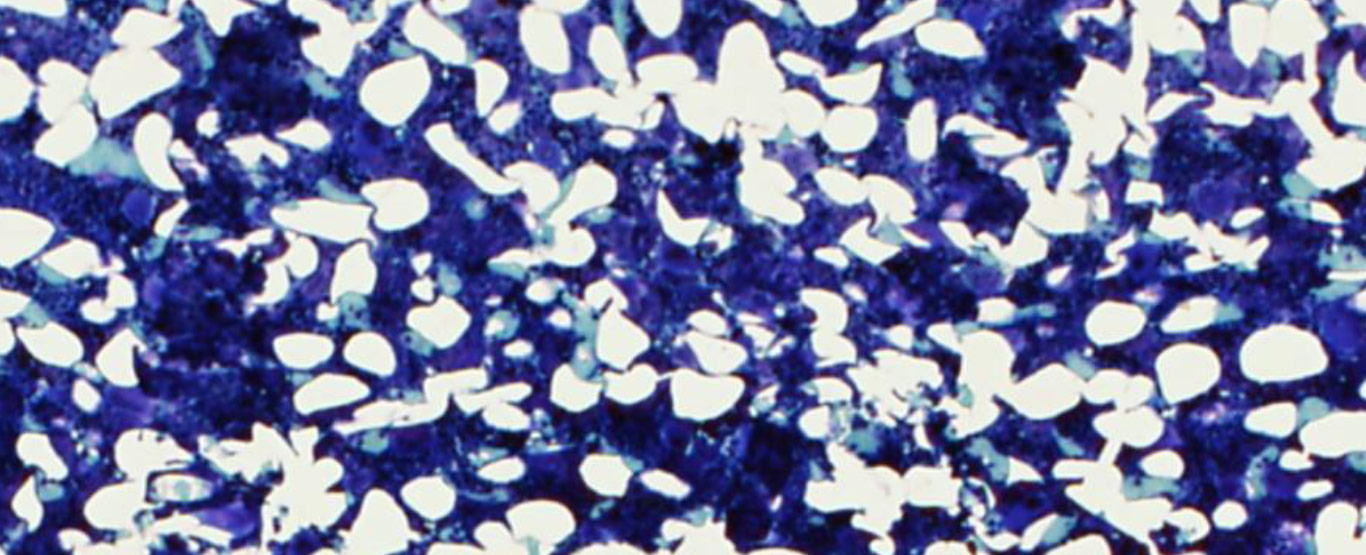
Strong bones and less fat – Scientists from Dresden and Leipzig identify novel molecular switch of bone and energy metabolism
Dresden, 09.11.2018
The formation of bone and fat is very much interdependent as both tissues originate from the same type of progenitor cells: mesenchymal stem cells. These either evolve into osteoblast, cells that build up bone mass, or into adipocytes, fat cells, respectively. Factors supporting the formation of fat tissue inhibit bone regeneration at the same time and thereby negatively impact bone quality.
A team of scientists from the Universities of Dresden, Leipzig and Ulm has now identified a novel protein controlling this interaction in a study recently published in Science Translational Medicine. CD90/Thy-1, as the protein is named, enhances bone regeneration, while concurrently inhibiting the accumulation of fat tissue. Mice lacking this protein have brittle bone and grow fatter. Furthermore, the scientists showed that both patients with osteoporosis and patients who are overweight exhibit lower serum levels of CD90/Thy-1 than healthy patients. Further investigations will likely reveal, whether this factor can be applied to improve bone quality in patients with overweight in future, or act as a marker for early diagnosis of bone loss.
Further information: Press release
Original publication in Science Translation Medicine: “Thy-1 (CD90) promotes bone formation and protects against obesity“, Doi:10.1126/scitranslmed.aao680.
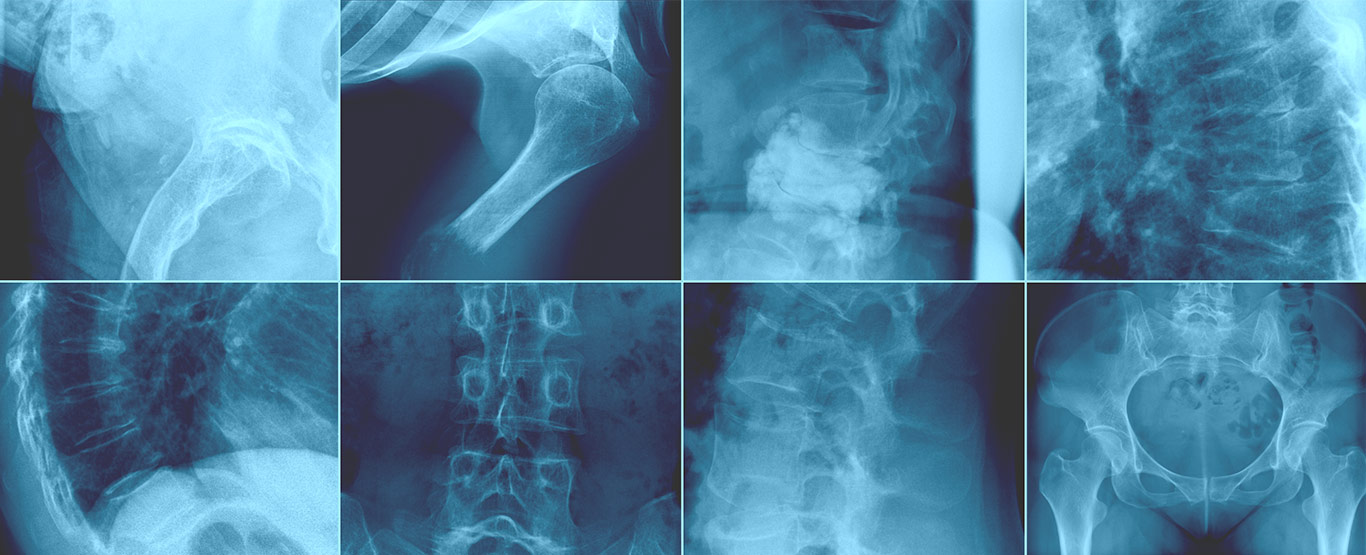
Bone health is a crucial factor to assure quality of life
Dresden, 01.11.2018
A novel review of Tilman Rachner describes how adjuvant endocrine therapies of breast and prostate cancer impair bone health to reduce risk of fracture. Preservation of bone health still remains a long-term clinical challenge in patients with breast and prostate cancer. Dr. Rachner emphasizes: “Each patient receiving endocrine therapy should be stringently assessed for their individual fracture risk when therapy is initiated, and this risk should be reassessed in adequate intervals or whenever major changes to disease status or treatment occur.”
Bone health during endocrine therapy for cancer, Tilman D Rachner, Robert Coleman, Peyman Hadji, Lorenz C Hofbauer, 2018
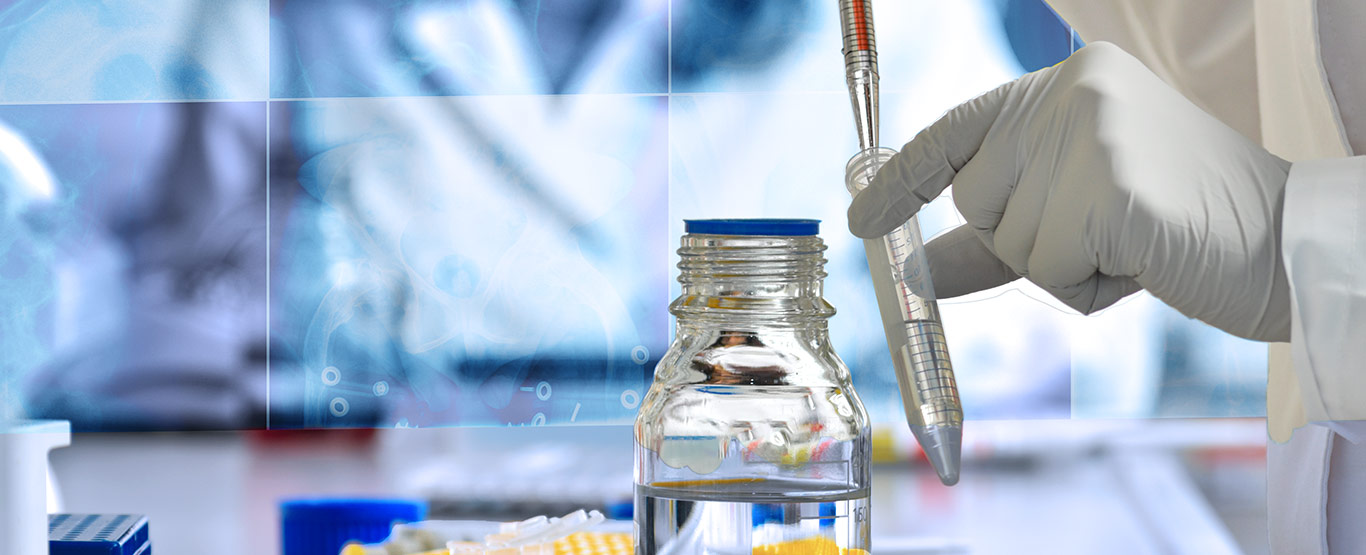
μBONE – Colonization and Interactions of Tumor Cells within the Bone Microenvironment
Dresden, 01.10.2018
A Germany-wide consortium of cancer and bone scientists started its work on studying the initial colonization of bone by tumor cells and the early interaction with bone cells. To obtain mechanistic insights into these questions, the consortium focusses on breast and prostate cancer. The µbone research alliance will tackle the knowledge gap on bone metastases and reveal innovative mechanistic concepts of bone-tumor interactions for subsequent studies to prevent or cure bone metastases.
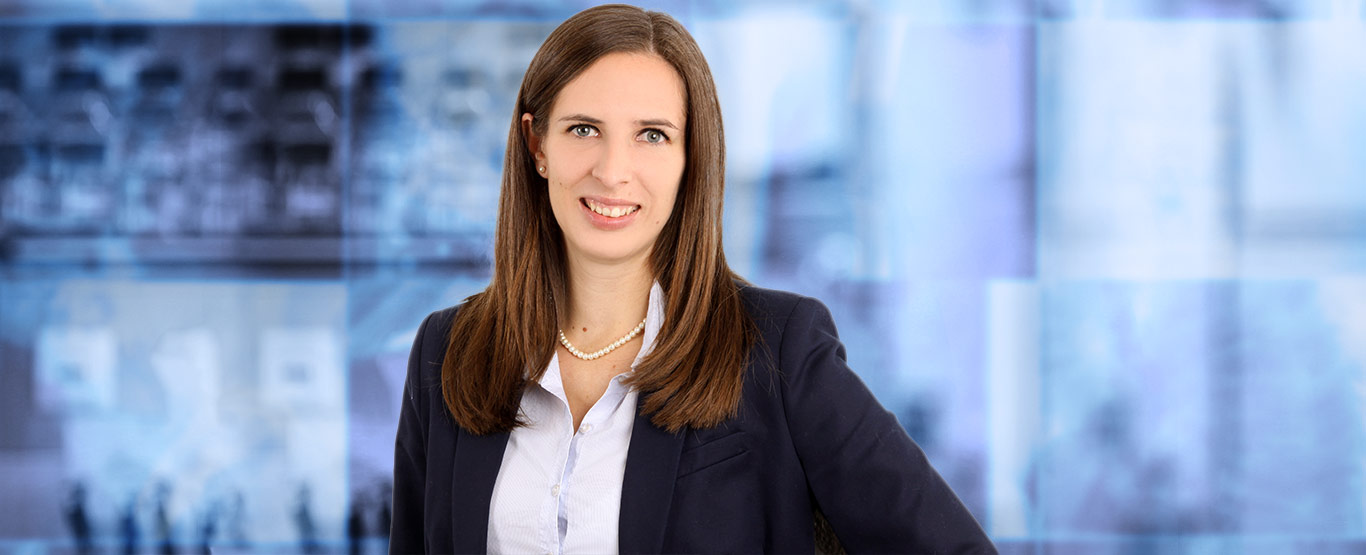
New chair “Molecular Bone Biology” of the Medical Faculty Dresden
Dresden, 01.10.2018
Dr. scient. med. Martina Rauner commenced her new position as Professor for Molecular Bone Biology in October 2018. Achieving deeper insights into bone diseases is at the core of her research, which may ultimately lead to the discovery of new ways to treat bone diseases. Focus of her research lies on unraveling interactions of bone with hematopoietic cells including immune cells. Martina Rauner is a trained biotechnologist and due to her broad expertise in bone biology is also the Scientific Director of the Bone lab since 2014. As former chair of the ECTS Academy and New Investigator Committee of the ECTS, her ambition is further to inspire young researchers and to promote their scientific careers and encourage networking and engagement.

